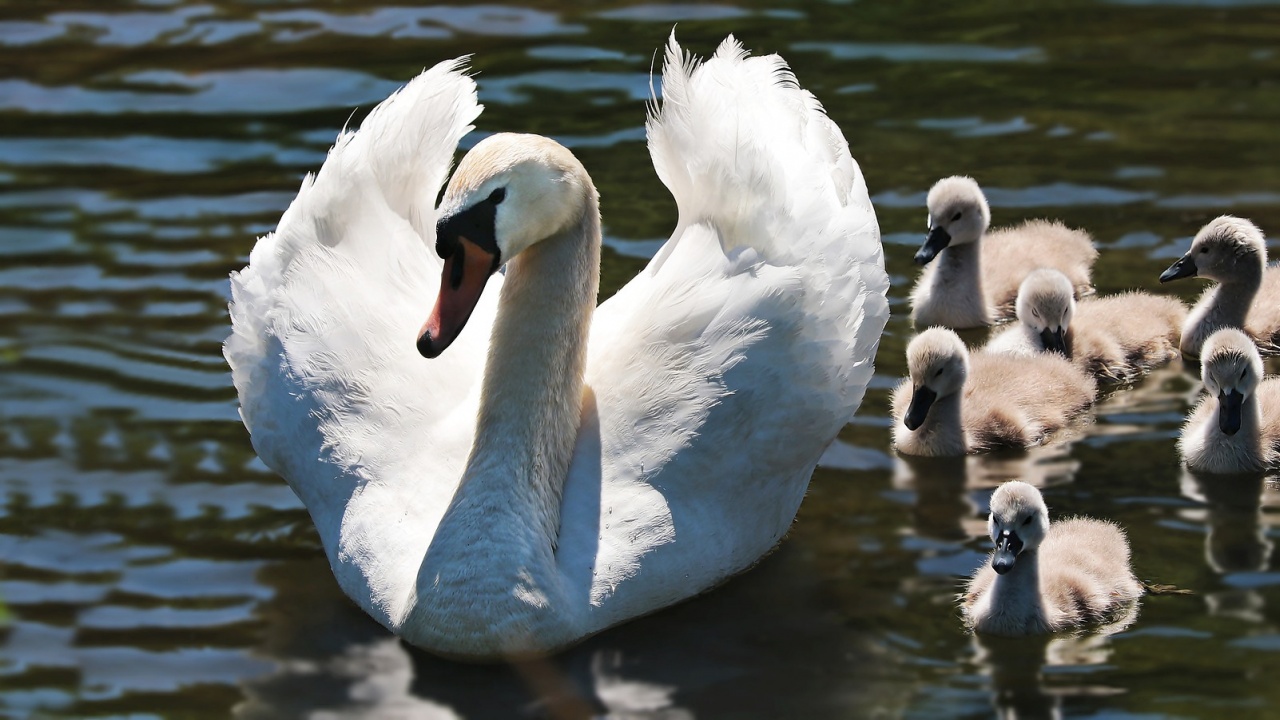Birdwatching - the observation of birds in their natural environment, is becoming more and more popular tourism in Bulgaria, Dr. Petar Yankov, one of the most famous ornithologists in our country, told BTA.
He has noticed that the profile of the birdwatching tourist has changed over the years.
About 30 years ago, this tourism in Bulgaria "broke out" and was started by British tourists, then the palette became more colorful - mostly Dutch, Scandinavian and German tourists.
The interesting thing is that in the last 10 years, Bulgarian birdwatchers, who are mostly young people, have started to occupy an increasingly large part of this mix, are his observations.
Bulgaria is a very important destination for so-called birdwatching tourism - one of the top five in Europe, thanks to the fact that there are interesting species of birds, some of which cannot be seen in other European countries to the west of us.
Our country has one of the richest avifauna in Europe after Spain and, despite the relatively small territory, more than 420 species of birds are found in our country, which is about 40% of all bird species in Europe, the ornithologist explains.
The expert believes that spring and autumn are the best seasons for bird watching and are preferred by those who want to see many species.
But birdwatching can be done all year round and there are many groups that come in the winter as well.
Our country, for example, is the wintering place of one of the most beautiful and rarest wild geese - the red-breasted goose, he commented.
The fact that birdwatching tourists can come along the sea in winter, and in the mountains in spring and summer, allows Bulgarian tourism to get out of the trap of seasonal beaching and skiing and for people in this industry to have income all year round.
Birdwatching is a science.
The first birdwatching groups in Bulgaria started coming in 1984, recalls Yankov.
"That's when this type of tourism began to develop in our country.
The excursions were organized by "Balkanturist", transport and accommodation were provided, but they did not know where the birds were.
So they hired us, professional ornithologists, and we started taking them to these places.
Over the years, we managed to choose the best places," he says.
Now the best preserved places are Burgas and the area of Madjarovo in the Eastern Rhodopes.
In a very successful two-week birdwatching expedition, when 220 species of birds were seen, one week was along the Black Sea coast and one week was in the Eastern and partly Western Rhodopes, the Trigrad region.
When the construction boom began, at least 20-25 percent of the appeal of these ornithological sites was ruined, they were turned into "concrete jungles", and the most striking example is that we used to see interesting species of birds in Sunny Beach itself.
Now we will see more birds in the center of Sofia than there, commented the ornithologist.
He says that birdwatching is an aristocratic hobby, an activity for the financially secure, but also of a broader spirit, with an eye for nature and beauty.
That is why there has been no bird-watcher in Bulgaria for so long - the traditional Bulgarian is a more practical person, strongly grounded, "glued to the earth", in his heart is more the building of a house than Beethoven or Michelangelo.
And here you wish you had wings to fly.
Not because birds fly, but because only a lofty spirit can experience the pleasure of enjoying the flight of the bird, to feel the freedom in it, Yankov explains.
It is good that as many people as possible break this stony shell of the material, he hopes, noting that today more and more young people are grabbing the binoculars and enjoying not the roof tiles and the fact that their house is 10 cm higher than this one of the neighbor, but they seek to see the beautiful,
how wonderful these creatures are, and how much we can learn from them.
And, according to the ornithologist, if a person has a broad soul, he learns from everything - from the ant, from the sun's rays.
Birdwatching develops when people have more free time, funds, but also eyes and spirituality for some intangible experience.
Birdwatching cannot be compared to any other pleasure - the touch, the immersion in nature, in the harmony of the universe.
Perhaps some deep, intuitive sense of belonging, that we are a small part of something great, describes the experience Petar Yankov and adds: "To know that we are the leaf that cannot do without the tree."
tourism
birdwatching
